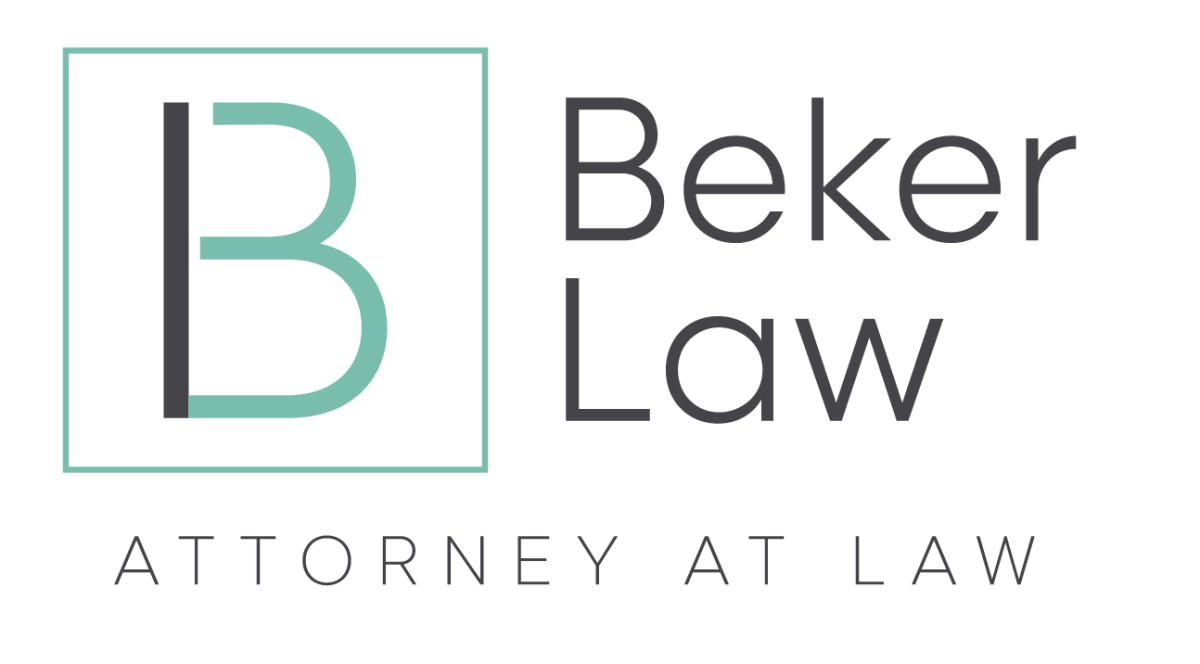Review Your Insurance Each Year
It is important to go over your insurance annually before it is too late.
The insurance industry is ever-changing in the current climate and market. Premiums have been on the rise for several years. What some folks may not know, however, is that your policy may also be changing for the worse despite paying higher and higher premiums. It is vitally important to review your policy annually so you can determine whether you are adequately insured and whether you are paying premiums for coverage that makes sense to your home or business.
Oftentimes, policyholders shop for cheaper rates in response to rising premiums. Shopping rates annually aren’t a bad idea. In fact, many business owners and homeowners save a tremendous amount by being vigilant in this way. But, the key to understanding whether you are getting a better deal is to compare coverages, limitations, and exclusions apple-to-apple.
- Property Coverages and Limits
Always check individual property coverages and the limits and assess whether the limit is enough to put your business or home back in the same position pre- and post-potential future loss.
In the case of a homeowners’ policy, there are typically separate limits for dwelling, other structures, personal property, and loss of use. There are also additional coverages available to consider and assess like water damage, mold, sewer backup, jewelry, trees, shrubs and landscaping, debris removal, credit card, bank fund transfer card, forgery, counterfeit money, and others. For business owners, there are typically separate limits for building, improvements and betterments, business income and extra expense, business personal property, and others.
A summary of coverages can be found on the declarations page of your policy. Review this page annually and compare it to any new insurance quotes to determine whether you are adequately insured and whether you need and want the coverages provided. If in doubt, ask a professional for advice and guidance.
- Valuation of Claims is Critical
The way a potential claim is valued is critical to assessing whether you are adequately insured. Claims can either be valued on an ACV (Actual Cash Value) or RCV (Replacement Cost Value) basis. If you have ACV coverage, your insurer will value your claim and then pay only the depreciated cost to repair or replace the damaged property. If you have RCV coverage, no depreciation is taken, which means you will be paid to repair or replace the damaged property without deducting any amount of depreciation. RCV is generally preferable coverage. Many policyholders, however, are not advised of the very stark difference between these coverages. Whether a policyholder is made whole after a loss can very much turn on whether a policy is RCV or ACV so be sure you check your policy annually and keep a critical eye when comparing new insurance quotes?
By way of example in the business insurance arena, coverage for business income (also known as business interruption) can vary greatly depending on the way in which a loss is assessed. This type of coverage is meant to protect the policyholder in the event of a loss that precludes a business from operating during the period of time it takes to repair or replace the damaged structure. Some policies, however, limit the period of time coverage is available for a specific period of time instead of simply the amount of time it takes to rebuild and restore. Such a limitation can severely impact the coverage available and it can impact the ability of the business to survive in the event of a fire or catastrophic loss. It is important to know the type of coverage you are buying and determine whether it will actually operate to make your business whole in the event of a loss.
According to attorney Jennifer LeMaster of LeMaster & Ahmed, PLLC, “the difference in the way a claim is calculated under the policy language can be the difference between fully recovering and thriving after a catastrophic loss and suffering great financial hardship to the point of business failure or personal bankruptcy.”
- Analyze Your Insurer
Many policyholders may not take the time to really understand the company they are paying likely steep premiums to in exchange for coverage for their greatest assets. In a market where some smaller insurers are becoming insolvent on a frequent basis, particularly in cities where losses are particularly heavy, it is a good idea to investigate your insurer, especially if you are considering a change. Insurance companies are rated by many groups, including A.M. Best, Demotech, Standard and Poor’s, Moody’s, and Fitch. These ratings take into account the financial strength of insurance companies. Often, if an insurer’s ratings are called into question by a rating group, that insurer is brought under scrutiny by a state insurance department agency. Some insurers may be placed into receivership as a result of this scrutiny.
Review Your Insurance Coverage Limits
In summary, analyzing your coverages and limits annually is always sound practice. Understanding how your claim will be valued and paid is critical to surviving a catastrophic loss. Truly knowing who you will be dealing with in the event of a loss and feeling comfortable that the insurer will properly handle a claim (and be around to do it) is vital. As usual, contact an insurance professional if you need help. “Even the most careful policyholder can find itself in an insurance coverage battle when an insurer either elects not to pay a claim or to undervalue a claim. Hiring a qualified insurance lawyer early can be a game-changer in the outcome,” said insurance lawyer Nejat Ahmed of LeMaster & Ahmed, PLLC.































